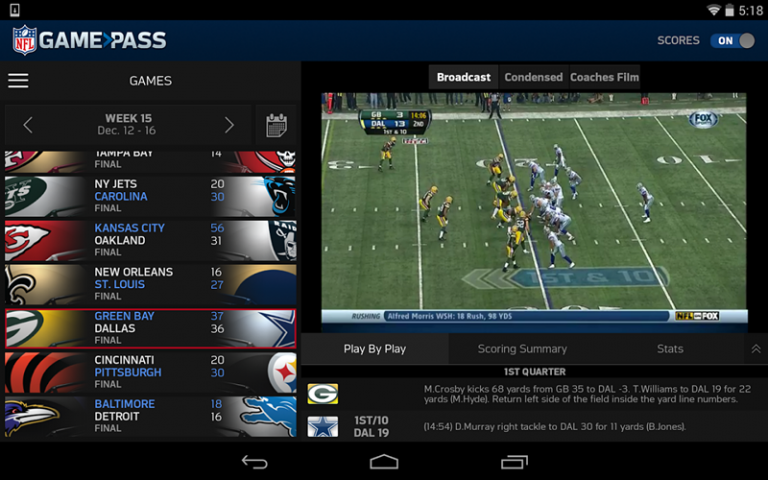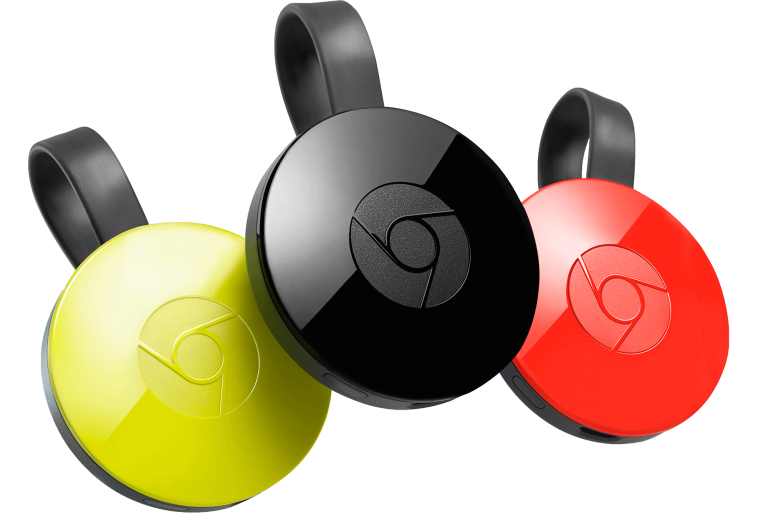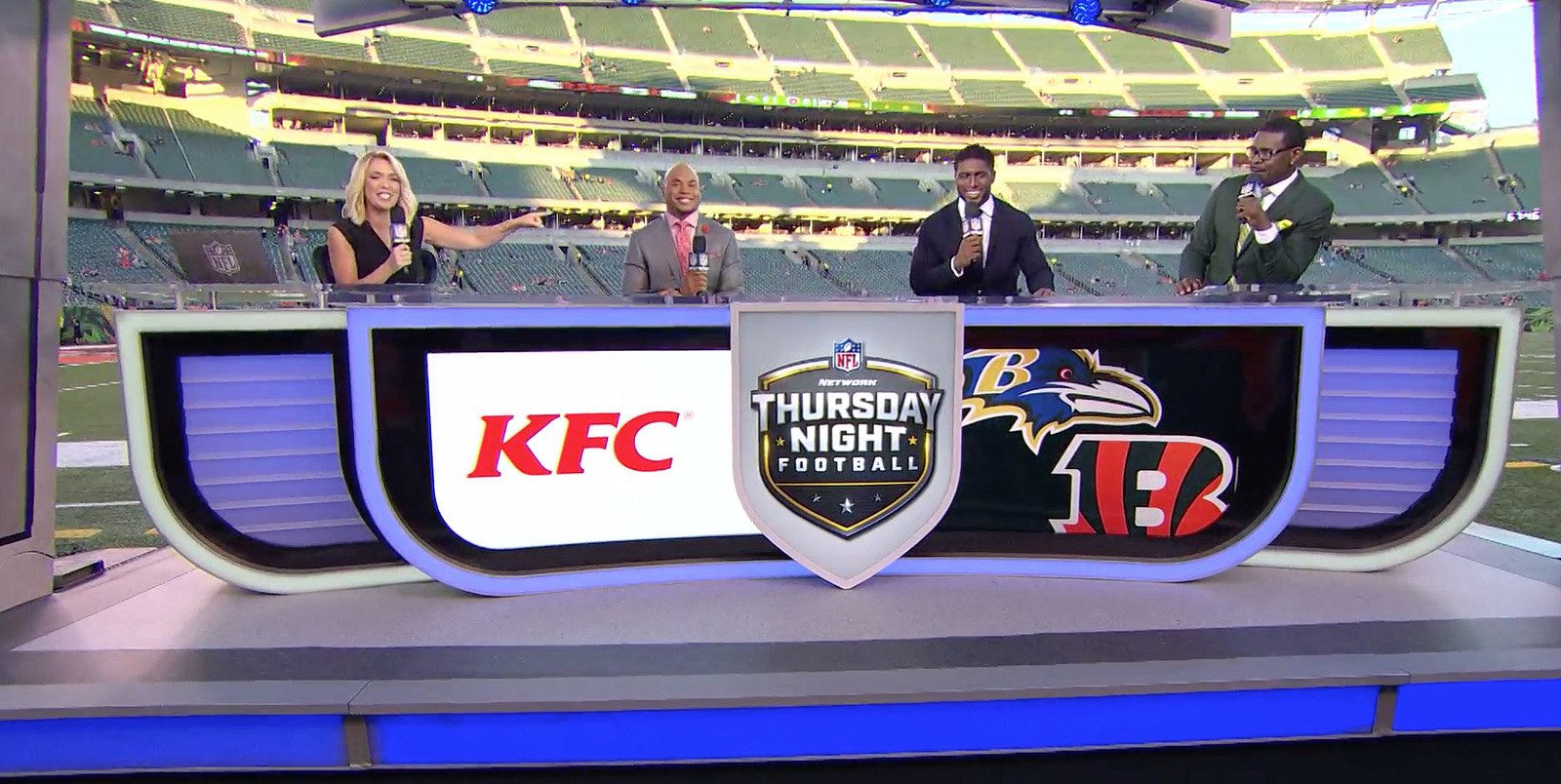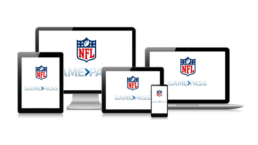Edit 11/10/2017: Please note this article was written before the start of the 2017 NFL season. On October 6th 2017, NFL Game Pass developer, deltatre, admitted to posting fake reviews to boost App ratings after several complaints about its functionality.
WE TAKE AN IN-DEPTH LOOK AT THE FRANCHISE’S NEW EUROPEAN PLATFORM
The NFL is back. For most Europeans, this won’t mean very much. We may occasionally glance upwards for the impressive front flip over a cornerback, or for the bone-crunching tackle being shared around the group chat, but, apart from the obvious thrills, the NFL is still behind most major sports in the queue for our attention.
This may be set to change with the re-launch of Game Pass.
NFL’s OTT platform has been given a makeover for its European audience, and it’s far from superficial. The expanding global franchise has taken what REDTORCH considers to be the three pillars of OTT – data, technology, and narrative – and integrated them seamlessly into its new build.
How has the NFL done this?
THEY’VE LISTENED TO THE DATA
‘We’ve listened to our 2016 subscribers,’ the NFL states on its UK-dedicated website. ‘We’re adding new functionality to make NFL’s Game Pass better than ever in 2017.’
Whilst not privy to NFL’s data insights, it’s obvious that an organisation of this size and stature did its fair share of market research before launching a new OTT platform.
Our first pillar of OTT (data) initially informs the broad strategic decisions that make or break a platform. What new features to invest in? How many product packages to offer audiences?
The NFL asked its 2016 subscribers what could be improved about Game Pass. And, with a whole host of new treats for its users, it seems they’ve not only listened to them but also followed through on their responses. Never underestimate the power of face-to-face market research. Offerings for the fans should be driven by the fans; decisions should never be made in isolation.

NFL Game Pass
Aside from customer data, something that must have really grabbed the NFL’s attention was its declining TV audience. It’s no coincidence that the massive investment in OTT has come at a time when traditional viewership declined by more than 10% in the first few months of last year’s NFL campaign. Forbes concluded the League lost over 1m viewers per game.
This corresponds to the general decline in TV viewership: children spend more time online; more have tablets and smartphones, and most want to tune in to sports events only for the good bits. Like it or loathe it, the culture of sports consumption has changed.
The NFL is dealing specifically with this last issue by the introduction of ‘Game in 40’ – an improved feature that offers a downloadable, condensed version of the game, bringing fans only the best of the action. If you sometimes sigh at the length of NFL games when live action amounts to just 11 minutes, this feature might well entice you to give the sport another look.
Bottom line: the NFL has listened, and is listening. General data trends and customer research have informed top-level decisions, and the real-time feedback from user habits should inform a constant process of platform refinement that ensures Game Pass features will be optimised for the fans.
THEY’VE EMBRACED NEW TECHNOLOGY
Let’s be honest – if Game Pass offered nothing shiny and new, not many people would give it a second look. Technology in this space is moving fast, and those with the deepest pockets are going to be able to make the most of our second OTT pillar (technology).
What’s impressive about Game Pass is how the NFL has integrated new technology into its overall brand message. Not one of the new features has been launched just for the sake of it; each serves a purpose – practical or emotional – and each fits into the NFL’s overall OTT puzzle.
One notable practical improvement of Game Pass is the expanding accommodation of digital streaming devices such as Chromecast, Apple TV, and Amazon Fire. In 2015, 42 million of these devices were sold worldwide, and sales don’t appear to be slowing down.

Google Chromecast
With OTT looking set to eventually replace traditional TV, the inclusion of these devices has been a necessity for the platform. Game Pass is also available via Xbox One and PlayStation 4, and boasts the ability to stream on up to five devices at the same time on the same network. Subscribers are certainly getting value for money in this area.
Other key features of Game Pass include additions to the stream itself. The high-definition stream will be accompanied by real-time game data and statistics, greatly enhancing the user experience and encouraging game chatter online – an important aspect of maintaining an OTT ecosystem. The recent decision to insert a tracking chip into the game ball shows the NFL is rightly serious about using data for commercial purposes too.
To give the user greater control over their viewing habits, each stream has also been given a live interactive timeline, enabling fans to re-watch key plays of a game both live and on demand. This feature, along with ‘Game in 40’, shows the NFL is responding in the right way to changing consumer habits.
Talking to Digital Sport, Sam Jones, CEO of OverTier (the company overseeing the success of Game Pass in Europe) says, “You need to be able to jump into a game when you’re ready, not when the game is ready. So that’s an interesting change in sporting behaviour, and we facilitate that.”
THEY’VE TOLD THEIR NARRATIVE
No sport survives without a narrative. The NFL is no different, and the franchise has made sure the necessary features have been built into Game Pass to help tell their story. Narrative is the beating heart of a sport, and OTT platforms must allow users on-demand access to it if they want to hold attention for the long-term.
Game Pass offers users the 24/7 home of the NFL, NFL Network, and NFL RedZone, which brings fans live look-ins to every touchdown and all the big moments. The constant stream of insight is compounded by the thought-provoking ‘Coaches Play’ feature, which uses all twenty-two camera angles so users can watch a game from a coach’s perspective. Safe to say, Game Pass goes some way to satisfying the insatiable hunger for knowledge demonstrated by the NFL’s hard-core fans.

NFL Network is available 24/7
All this insight is complemented by the ‘No-Spoilers’ feature, which allows fans to turn off specific updates. After all, no one likes to hear the end of a story before they’ve read the build-up. Perhaps this is a feature from which sites like Facebook could benefit.
A narrative isn’t written solely on information. Another addition, which we’re particularly enamoured with, is the hundreds of hours of on-demand shows, series and specials, including the award-winning NFL Films productions ‘A Football Life’ and ‘Hard Knocks’. These extras are extremely powerful in developing an engaging narrative, and are features sometimes overlooked by sports rights holders. If you’re a sport with a considerable quantity of supplementary media – use it!
The NFL realises humans are story-driven creatures, and uses these features to cultivate a sport-specific culture and build a community. In an age where platforms like Netflix and Amazon Prime reign supreme, integrating the use of on-demand media that isn’t simply live events and statistics is a clever way to entice new and part-time fans.
BREAKING DOWN BARRIERS
We’re impressed with Game Pass. The NFL has successfully created an OTT platform that transcends two things all sports attempt to overcome: borders and time zones.
“Technology is there now to move beyond those traditional constraints,” says Sam Jones.
Game Pass has taken full advantage of this. A strategy of intensified user personalisation for the platform is the logical next step for the NFL, appealing to those users with a clearer idea of what they want from the platform. But for now, a solid foundation has been built that will aid the franchise’s expansion into Europe and beyond.
The full package is currently available for an annual subscription of £139.99, or 7-day access for £14.99. Opting for the more cost-effective annual subscription, this works out as £2.69 a week. For all that’s on offer, the NFL seems to have nailed the pricing too.
Major advances in technology notwithstanding, it’s hard to see how OTT platforms can be fundamentally improved from here.





